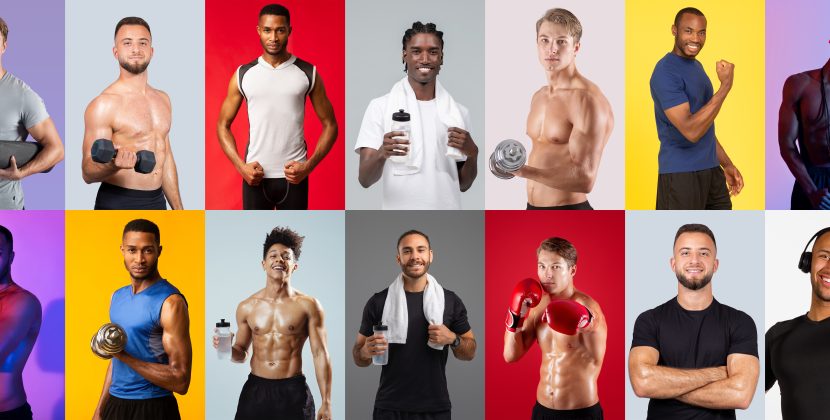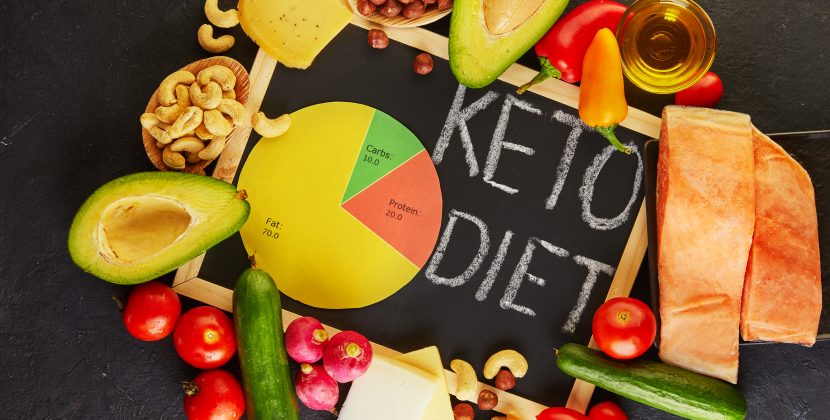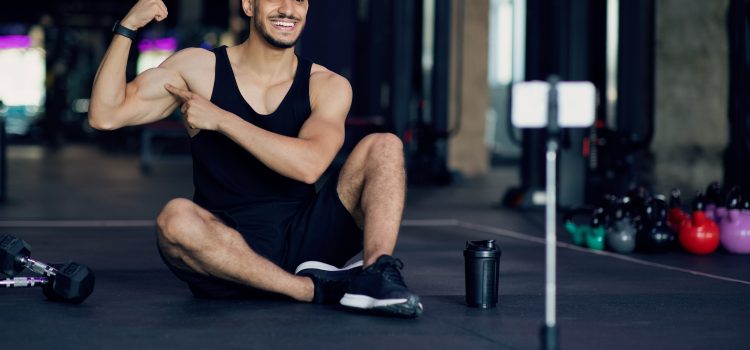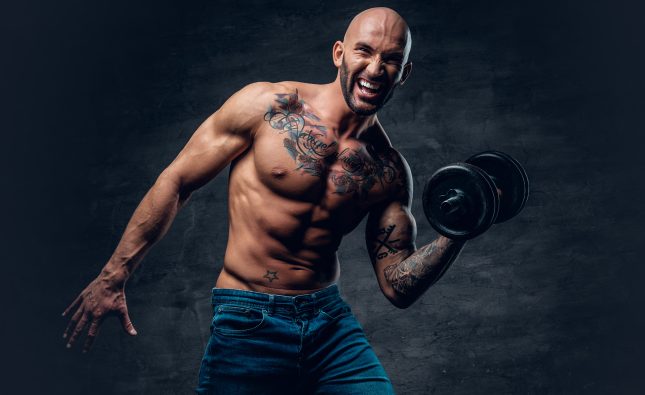
How Smart Training Boosts Male Hormones, Fertility and Vitality
Most men hit the gym to look better, feel stronger, or burn off stress. But what if we told you that the right kind of fitness routine could directly enhance your hormonal health, fertility, and sexual vitality?
In the field of andrology, exercise is more than aesthetics — it’s one of the most powerful tools to influence testosterone, sperm quality, cardiovascular strength, and metabolic balance. The catch? Not all training is beneficial. Some workouts build you up — others burn you out.
This article breaks down how to train with male biology in mind, helping you move from fatigue and stagnation to energy, strength, and long-term hormonal balance.
Strength Training and Testosterone: A Direct Connection
When it comes to boosting testosterone naturally, resistance training is king. Numerous studies have shown that compound strength exercises — such as squats, deadlifts, pull-ups, and presses — increase both total and free testosterone levels, especially in men over 30.
Why?
Because:
- Resistance training creates mechanical stress that signals the body to produce more anabolic hormones,
- It reduces visceral fat, which is linked to estrogen conversion and hormonal imbalances,
- It enhances androgen receptor sensitivity, making testosterone more effective at the cellular level.
But more isn’t always better. Overtraining (especially without recovery) can increase cortisol — the stress hormone that directly suppresses testosterone.
Key principle: train heavy, train hard — but recover like a pro.
The Fertility Factor: How Fitness Affects Sperm Quality
Yes, fitness can impact sperm. In fact, both sedentary lifestyle and extreme training regimens have been linked to poor semen parameters.
What improves male fertility:
- Moderate strength and interval training (HIIT),
- Lower body fat percentage (especially avoiding belly fat),
- Regular movement that improves circulation to the pelvic area.
What hurts sperm health:
- Chronic endurance training (e.g. marathon running),
- Overheating (tight underwear + excessive cycling),
- Anabolic steroids or “gym testosterone” abuse.
If you’re trying to optimize fertility, train smart, avoid extremes, and support testicular health with sleep, zinc, and antioxidants like CoQ10.
Cardio: Friend or Foe to Male Hormones?
Cardio isn’t the enemy — but too much cardio at the wrong intensity can be. While regular aerobic exercise improves cardiovascular health (critical for erections and performance), chronic endurance training can lead to:
- lowered testosterone,
- suppressed libido,
- muscle breakdown,
- and increased oxidative stress.
The solution?
- Keep cardio short, intense, and efficient — think interval sprints, rowing, or fast-paced circuits.
- Use longer cardio for recovery and blood flow — not as punishment.
Remember: your heart matters, but so do your hormones.
Recovery, Sleep and Overtraining: The Unseen Hormonal Killers
No matter how smart your workout plan is, if recovery fails — so will your testosterone.
Every training session is a stress signal to your body. Without proper recovery, that signal becomes chronic — pushing your system into catabolism (muscle breakdown), mental fatigue, and hormonal suppression.
Andrologically speaking, this leads to:
- Decreased testosterone and DHEA,
- Reduced sperm motility and volume,
- Sleep disruption and mood instability.
Pro recovery tips:
- Sleep 7–9 hours (deep sleep = testosterone production),
- Include mobility and low-intensity days,
- Use tools like saunas, magnesium, or cold exposure wisely — not obsessively,
- Take 1–2 full rest days per week.
Supplements That Support Hormonal Fitness
Not every supplement is worth it, but a few have good evidence for supporting male training and hormone health:
- Vitamin D3 – supports testosterone and immune function,
- Zinc – crucial for sperm production and testosterone synthesis,
- Creatine – enhances strength, testosterone, and even cognitive function,
- Ashwagandha – reduces cortisol and may improve T levels under stress,
- Omega-3 fatty acids – improve blood flow, recovery, and hormone transport.
Choose quality — and test, don’t guess. Work with a men’s health specialist if possible.
Final Thoughts: Train Like a Man — For the Man You Want to Be
Fitness isn’t just about building muscle — it’s about building a life with more energy, libido, resilience, and clarity. As men age, hormonal health becomes the backbone of performance — in and out of the gym.
Train smart. Recover better. Nourish your biology. Because lifting weights isn’t just physical — it’s hormonal therapy with iron.









